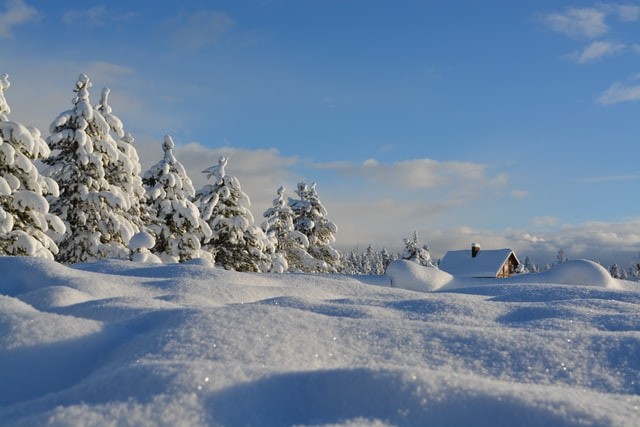The coronavirus can possibly be killed by summer sunlight in just 30 minutes, a study recently revealed. Meanwhile, experts have concluded that a second wave of the virus infection may happen in Britain once winter arrives.
According to Daily Mail's latest report, the study of Dr. Jose-Luis Sagripanti, a retired United States army virologist; and Dr. David Lytle, a former U.S. Government virologist; comes as the United Kingdom gears up for its hottest week of the year.
Also Read: COVID-19 Antibody Levels of Recovered Patients Quickly Decline in Just a Few Months

Also Read: [COVID-19 Update] Mutation Makes Coronavirus More Infectious; Recovered Patients Remain at Risk
Hours of sunlight can destroy the coronavirus
The journal Photochemistry and Photobiology published the results of the study stating that 90% of coronavirus infection, that had been sneezed or coughed onto a surface in just an hour, can be destroyed by a powerful ultraviolet (UV) light acquired during the summer. A protective casing degrades the warmth of the body, preventing it from destroying the SARS-CoV-2 virus that causes the novel coronavirus when it infects the human body.
Some scientists also claimed that the immune system is boosted by vitamin D created by the body when exposed to sunlight. The idea came as beaches and parks are expected to host millions of Brits when temperatures soar above 30 degrees Celcius (86 degree Farenheit) on Thursday, June 25.
However, there are still concerns that a spike in COVID-19 transmission may happen since mass gatherings are expected and social distancing will not be strictly followed by many. However, scientists said that staying inside the house, where COVID-19 can survive and stay infectious for days, is more dangerous compared to going outdoors.
Coronavirus second wave coming in winter in the UK
The study of the researchers is also based on scientists' suggestion that a second wave is expected in the coming winter. Experts said that the multiple coronavirus outbreaks in meat-packing factories in the UK could be strong evidence, claiming that the cold environment could possibly make people more vulnerable to a COVID-19 infection.

The report stated that the novel coronavirus has the potential to stay alive for days indoors, thriving for more than five hours in an environment where sunlight is weak.
The novel coronavirus in the northern regions in the UK may take longer to be destroyed since those places tend to get less sunlight. The researchers of the study concluded that it would take 5 hours in the winter, 4 hours in the spring, 1 hour and 40 minutes in autumn, and 34 minutes in the summer before the novel coronavirus can be killed.
"Forcing people to remain indoors may have increased or assured contagion of Covid-19 among same household dwellers and among patients and personnel inside the same hospital or geriatric facilities," said the researchers.




![Most Useful Google Chrome Keyboard Shortcuts You Need to Know to Improve Your Browsing Experience [2024]](https://d.techtimes.com/en/full/449047/most-useful-google-chrome-keyboard-shortcuts-you-need-know-improve-your-browsing-experience-2024.jpg?w=184&h=103&f=476d29fd60df70a67f6679f99a2ca6d0)